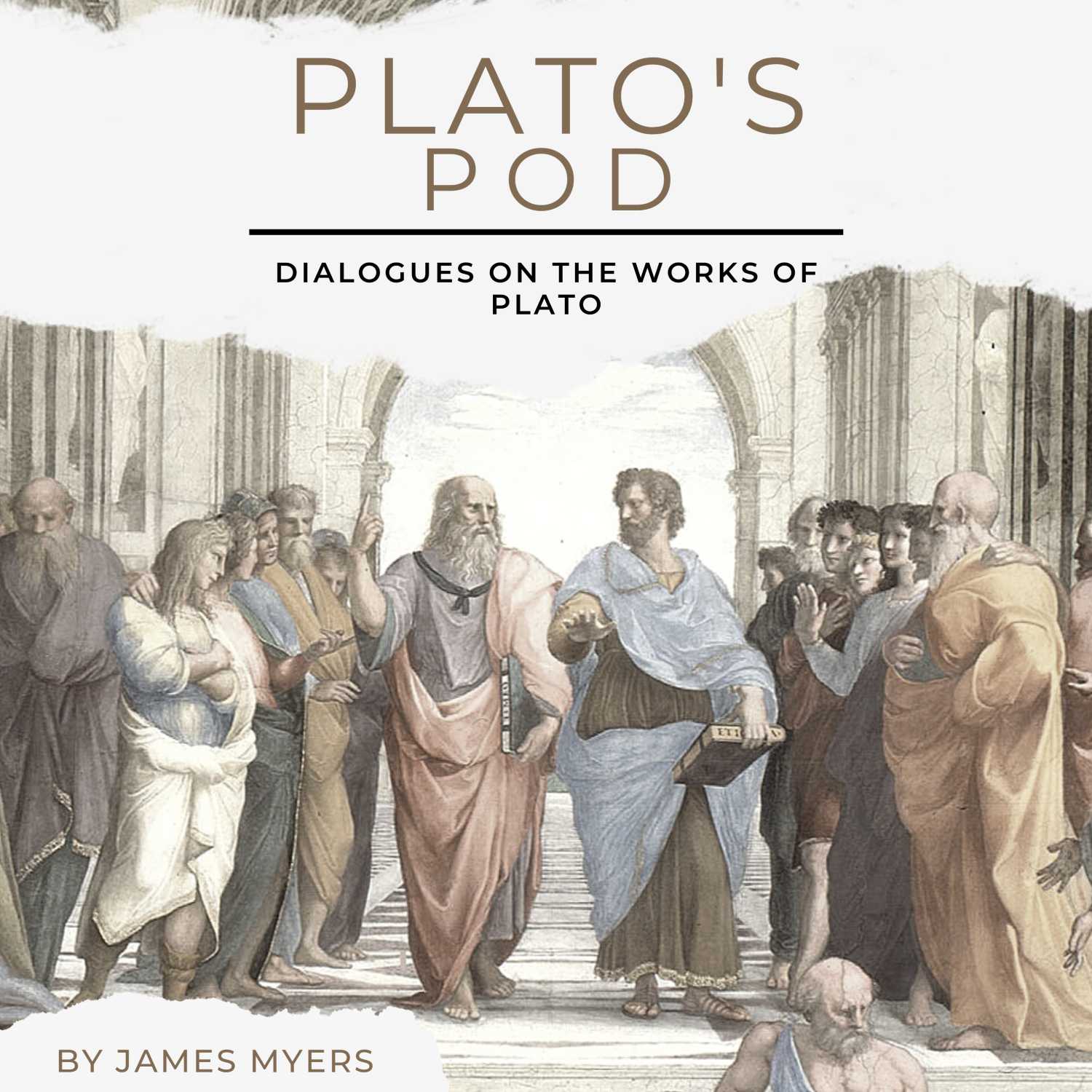Dialogue on The Cratylus, Part 2: Being, Becoming, and Limits
How do we perceive a thing – defined as an “object of thought” – both with limits and without limits? Socrates begins the second part of Plato’s Cratylus by examining our perception of being without limit in the names that we apply to the gods. Then he proceeds to consider differences when limits are applied to things in the continually changing state of becoming in the present. On November 13, 2022, members of the Toronto, Calgary, and Chicago Philosophy Meetup groups continued their discussion of the Cratylus and raised some fascinating ideas in relation to the universality of things. Does any thing have a permanent state of being, or are all things in a constant state of flux with no thing standing fast, as Heraclitus believed? One participant proposed that the becoming of a thing in the present is in an infinite state of difference between past and future. Another equated our perception of a thing to a synthesis of the thing’s two limits of thesis and antithesis. We tested understanding, supervision, and transcendence of rules that apply to our naming of things by examining the varying definitions over time of the word “democracy”. In our next episode we will conclude our discussion of the Cratylus and look for a consensus on the question of whether man is the measure of things by convention, or if nature provides a permanent record of things.

